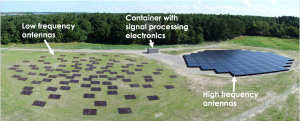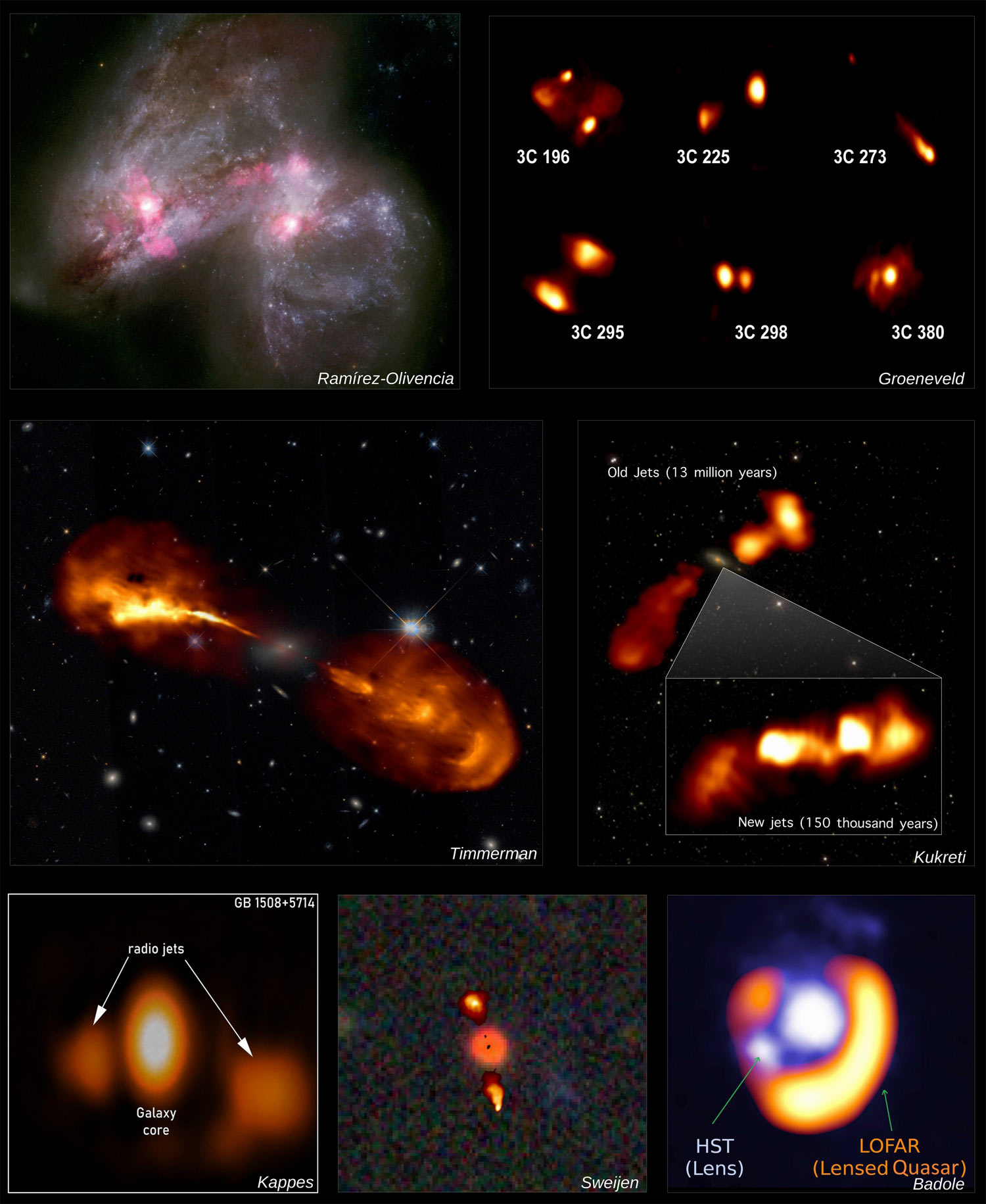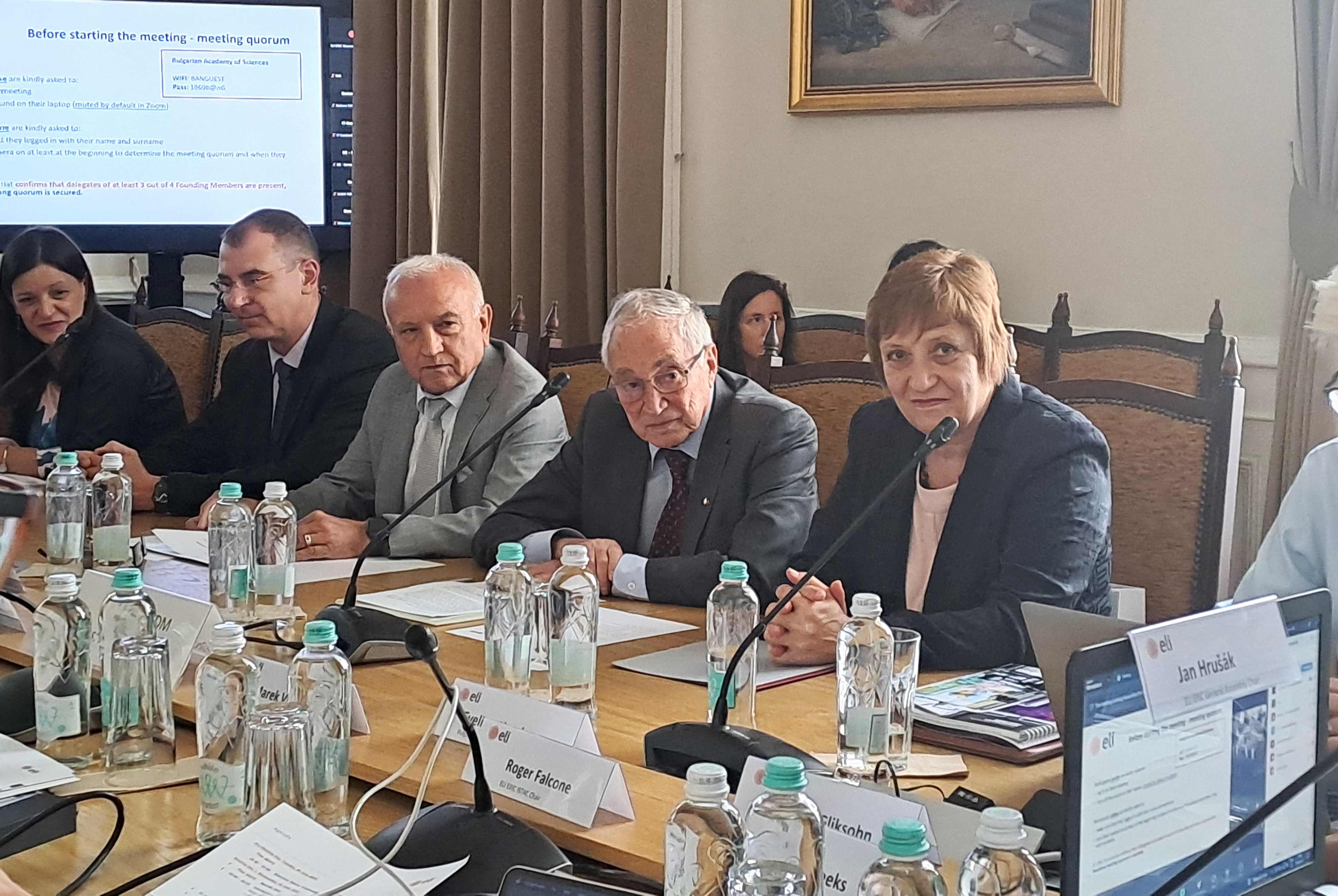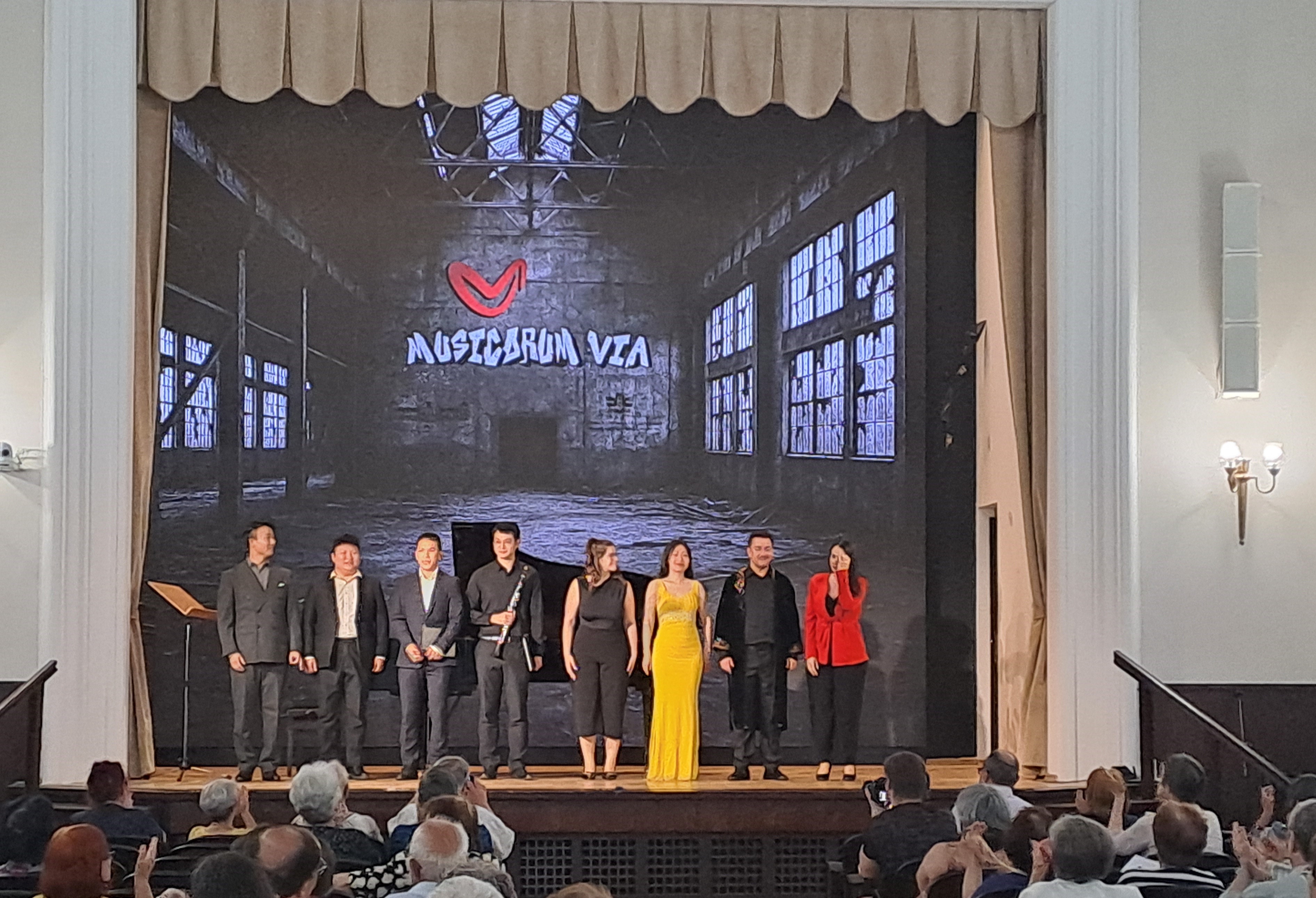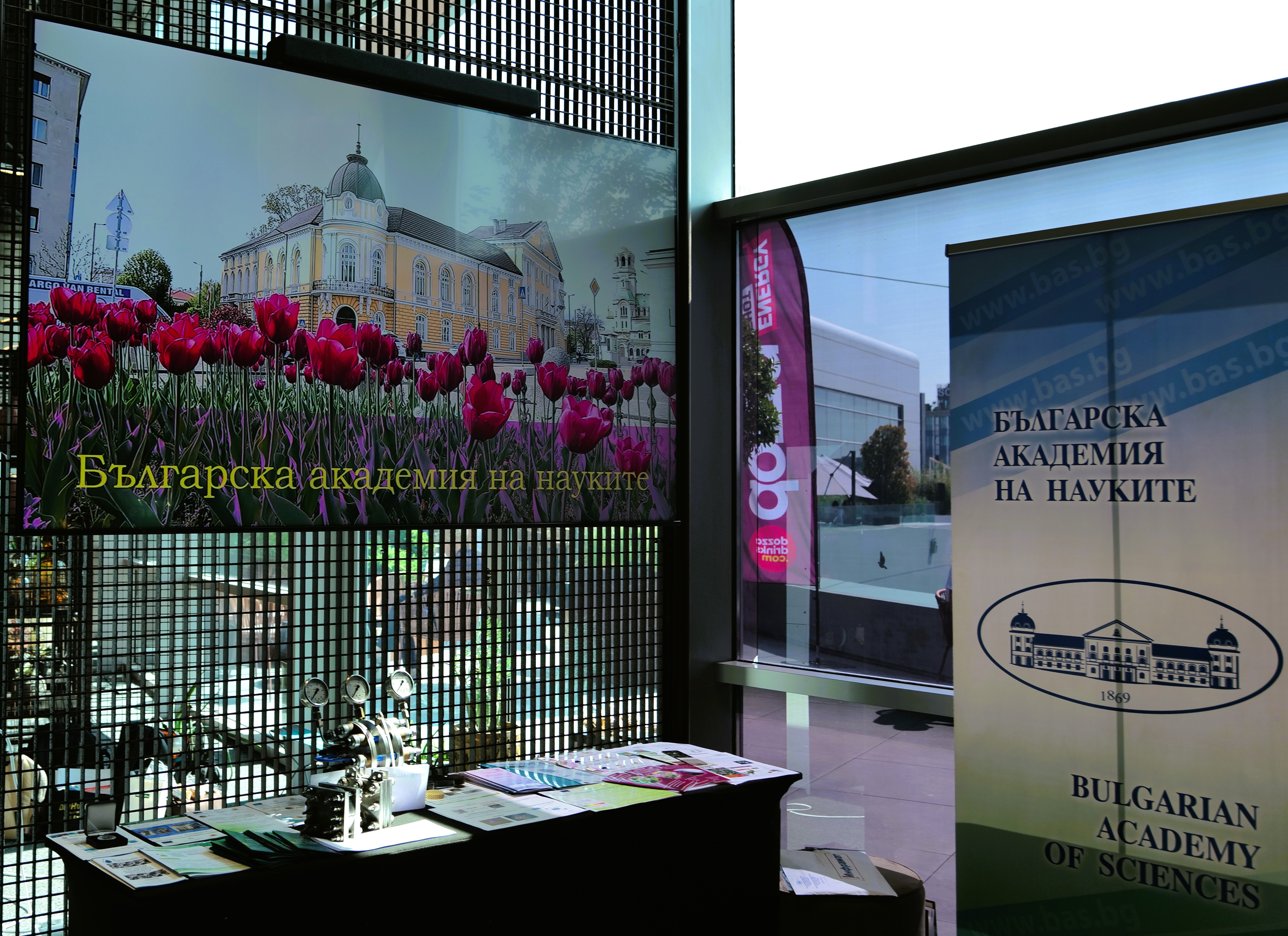Undergraduates, Master and PhD students and young scientists in astronomy, physics, engineering, computer science and mathematics can apply for participation in the final three schools of the STELLAR project (“Scientific and Technological Excellence by Leveraging LOFAR Advances in Radio Astronomy”).
STELLAR (2020-2023) is a transformational project under Horizon 2020, training the next generation of Bulgarian radio astronomers related to the upcoming construction and future sustainable development of a Bulgarian station of the pan-European distributed low-frequency radio telescope LOFAR. Participants in the project and organisers of the schools are the Institute of Astronomy with NAO – BAS and the Technical University of Sofia, in partnership with the Dublin Institute for Advanced Studies DIAS and the Netherlands Institute for Radio Astronomy ASTRON.
STELLAR aims to develop curricula in radio astronomy, space weather and radio communications engineering to achieve a multiplier effect for the Bulgarian astronomy and engineering communities. LOFAR technology and science is opening up an exciting new direction for research and technology development, with the qualifications and skills gained reaching the wider scientific community in the country.
The three schools, for up to 20 participants who must have laptops for the training, are conducted in English and are free and attendance-based. For a limited number of applicants, financial support is available for participation costs.
The first school, on radio technologies used in LOFAR (Low-Frequency Array), is from 15-19 May 2023 at the Technical University (TU) in Sofia, with lecturers from TU and the ASTRON Institute for Radio Astronomy in the Netherlands. Among the topics of the lectures and exercises are: principles of electromagnetism and radio wave propagation; antenna engineering and specialized antenna systems; fundamentals of signal and image processing.
The second school, in radio astronomy with LOFAR, from 22-26 May 2023 at Sofia Tech Park, has lecturers from the Institute of Astronomy with NAO, ASTRON – Netherlands, and DIAS – Ireland. Topics of the lectures and exercises on LOFAR data processing and analysis are: all types of low-frequency radio astronomy with the LOFAR telescope (galactic magnetic fields, active galactic nuclei, extragalactic sources, observations of stars and pulsars, etc.); spectral and interferometric observations, specific methods for radio astronomy data evaluation and analysis. Python knowledge is also required for participation.
The third school, on space research and space weather with LOFAR, which is organized jointly with the Cosmos Branch of the Union of Physicists in Bulgaria, is at NAO Rozhen from 19-23 June with lecturers from ASTRON – Netherlands, the University of Helsinki – Finland and DIAS – Ireland. The topics of the lectures and exercises, processing and analysis of LOFAR data, are: introduction to LOFAR studies of the Sun, interplanetary space and space weather; dynamical spectra; interferometric imaging and ionospheric studies.
The application deadlines for the first two schools are 15 April and for the third school – 15 May 2023, on the project website: www.stellar-h2020.eu